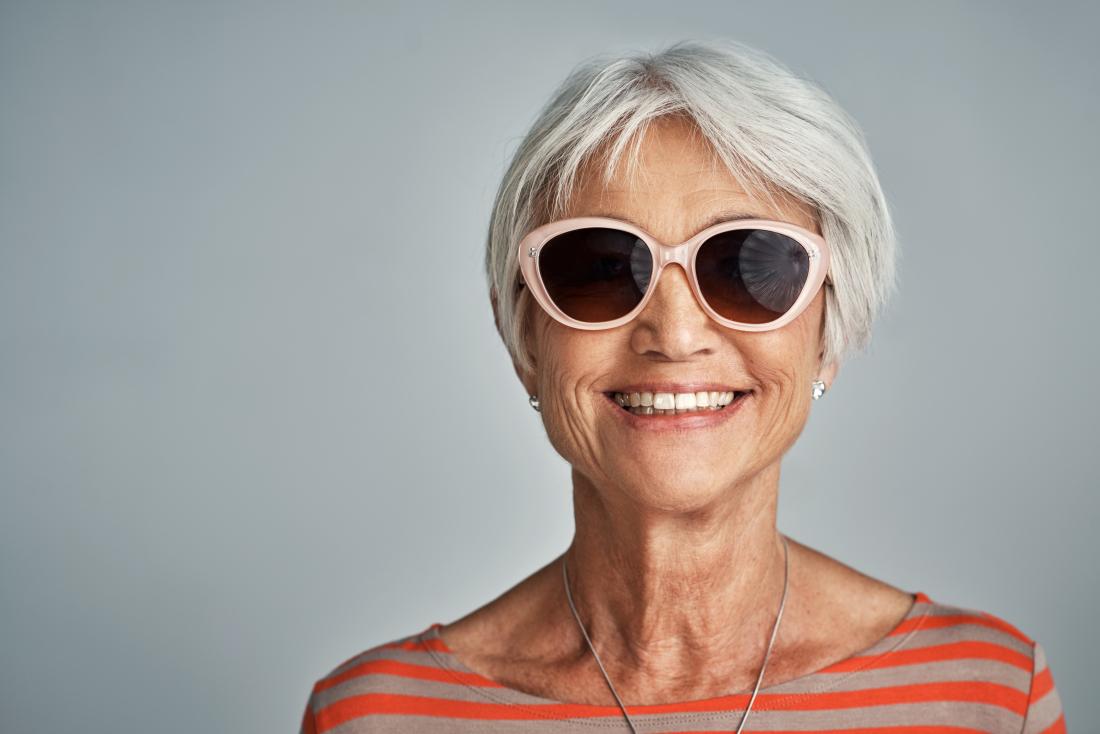Ageism: Predjudice against the Elderly
Ageism is a prejudice against the elderly. The term first appeared around 1969 and is defined as stereotyping or discrimination against individuals or groups based upon their elderly age. Unfortunately, there are many stigmas against the elderly, and we will discuss two of them here.

The first and most well-known assumption about the elderly is that they are forgetful. It turns out this is more about perception. A 32-year-old may misplace her keys and simply feel frustrated. A 62-year-old may misplace her keys and assume it is because she is old and therefore forgetful or “losing it.” While there is some indication of cognitive decline or change during ageing, the stereotype is generally over emphasised.
Another negative stereotype of the elderly is that all old people are lonely and depressed. While it is true that ageing can lead to isolation and therefore depression, this is hardly true in every case. There are more activities and events that cater to the elderly population every day, at community centers, churches, senior centers, and many other places. Programs and organizations exist just to help senior citizens that cannot drive get out of the house and experience life. And as for depression, research indicates that there are more depressed people in the 40’s than over age 60. Overall happiness tends to take a U shape, high in our childhood, lower in adulthood, and going up again as we age and near retirement.
These are just two of the most well-known “old people stereotypes.” We need to consider the effect of ageism on the elderly.
Many seniors delay moving until they have no choice or their families have to choose for them because of the negative connotations associated with living in assisted living and being old.
Older people risk depression and anxiety if they fall into the trap of believing stereotypes about ageing, a psychologist warns.
Bob Knight, a professor of psychology at the University of Southern Queensland, says many older people fall into the trap of "introjected ageism" and mistakenly blame many of their problems on age and believe there is nothing they can do.
"We confuse illness and disabilities that are roughly associated with old age but we think of them as always associated with old age, If your hearing is bad it doesn't mean you will also have trouble walking or trouble with your eyesight."
Issues around ageing are becoming more important as Australians are living longer than ever before, with nearly half a million people aged over 85 and that figure expected to more than double in the next two decades.
An Australian Human Rights Commission report about the stereotypes of older Australians in 2013 listed some of the most common ones as being forgetful, lonely and isolated, as well as likely to be sick.
Prof Knight says when older people believe such stereotypes they are buying into "introjected ageism", which changes what they think they can do and can spark depression and anxiety.
"A lot of people assume depression is normal later in life and there's nothing you can do about it. Neither of those things are true," he said.
Living in retirement villages or neighbourhoods dominated by older people can also pose particular challenges because of the number of ill and dying.
"There's a lot of people with severe cognitive impairment around. It can create an image that that's a normal part of ageing and it's also going to happen to you rather than an illness that happens to a significant number but not the majority of older adults," said Prof Knight.
His advice for overcoming ageing stereotypes is for older people to think about the realistic likelihood of illness and dementia.
He recommends older people indulge in the things they have always enjoyed and try ones they may have put off because of work and child rearing.
But one of his biggest tips is for younger people - put more thought into what you want to do in retirement.
"We spend much time preparing for our work life but almost no time really preparing for post retirement life," he said.
"I think one of the things that is usual about stereotypes and biases about ageing is that you do wake up one day and find yourself as part of the group that you have those stereotypes and biases about."
Aged Care Placement Guide

Aged Care Planning in the Holiday Season
ResiCare Financial Changes - July 2025
Higher Everyday Living Fee (HELF)
Guide to Residential Care
Eligibility and Assessment
Residential Care Financials
Hints and Tips
Selecting the Aged Care Home
Admission Day
Transition and Settling In
Residential Care STAR Ratings